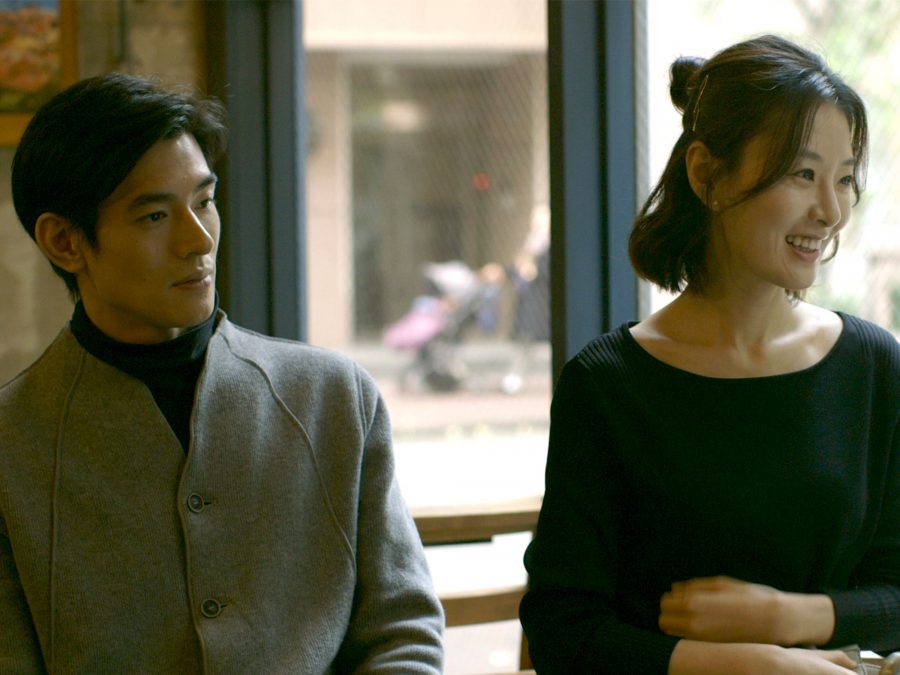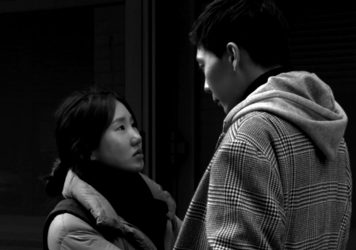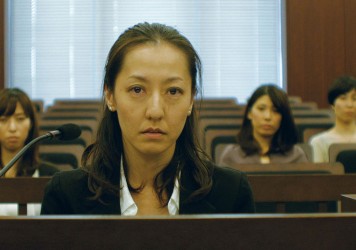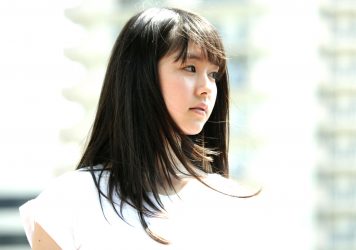
Ryûsuke Hamaguchi returns with another female-oriented drama about the intricacies of everyday human dynamics.
The international festival circuit took some time to catch on to Japanese filmmaker Ryûsuke Hamaguchi. His first few features mostly played domestic festivals until Happy Hour, an ambitious drama about four middle-class women in their thirties, saw him break out internationally in 2015. His next film, Asako I & II, which follows a woman falling for two different men who look alike, competed for the Palme d’Or at Cannes in 2018.
Wheel of Fortune and Fantasy finds itself similarly prominently placed in the main competition of the Berlin Film Festival. Consisting of a trio of independent stories tied loosely by the theme of serendipity, the film displays commonalities with Hamaguchi’s most recent work, sharing many strengths if seeming somewhat slighter by comparison. While the director’s previous films sprawled novelistically, this new one, which is more intimate and confined in focus, feels more like a collection of short stories.

Hamaguchi again focuses mostly on women, many of whom share uncanny similarities or mirror each other. Each of the stories involves some kind of coincidence.
In the tumultuous first section, Meiko (Kotone Furukawa) realises midway through a discussion that the man (Kotone Furukawa) her friend Tsugumi (Hyunri) is describing an early-stage romantic encounter with is her ex-boyfriend. The second section sees student lovers Nao (Katsuki Mori) and Sasaki (Shouma Kai) hatch a seditious plan to try to entrap their university professor Segawa (Kiyohiko Shibukawa). And in the third and most moving part, Natsuko (Fusako Urabe) crosses paths with an old friend (Aoba Kawai) of sorts, sending them both spiralling back through their shared and separate pasts.
Throughout the film, little is as it first seems; each encounter reaches a different point than is initially suggested, and no sooner are the dynamics of a given scene established than Hamaguchi cleverly disrupts them, dropping in new narrative information that shifts the meaning of the encounter and how the characters involved have come to understand each other.
This gentle unpredictability is key to the film’s effectiveness. With scenarios that mostly involve two actors engaging in intimate exchanges within fixed spaces, the film can feel a little stage-like at times, but equally this graceful theatricality is something that seems indicative of the director’s growing confidence: his penchant for modesty and restraint surfaces as a lack of flashiness and a comfort with subtlety.
Long takes are periodically employed, and the compositions and blocking of the actors are consistently precise and unobtrusive, forcing the viewer to focus on the core dramatic strength of a script which is emotionally nuanced and often very funny. What is accumulatively conveyed is a well-attuned sense of the role that performance plays in all social interactions, the microscopic shifts in understanding that occur as two individuals try to navigate a nascent relationship that is evolving based upon what is currently known and what has not yet been uncovered or disclosed.
As a filmmaker who has displayed a steady proficiency in depicting the complexities of routine interpersonal dynamics, Hamaguchi is well prepared to exploit this narrative territory. While he may not be stretching himself exactly, the situations he conjures, probes and plays with in this film are a joy to watch unfold.
Published 4 Mar 2021

By Matt Turner
A young man travels to Berlin in the latest lilting relationship drama from South Korea’s Hong Sang-soo.

Don’t fear the run-time: Ryûsuke Hamaguchi’s giant saga is a movie for the binge-watching generation.

This poignant treatise on love at first sight is one of the best films in the 2018 Cannes competition line-up.